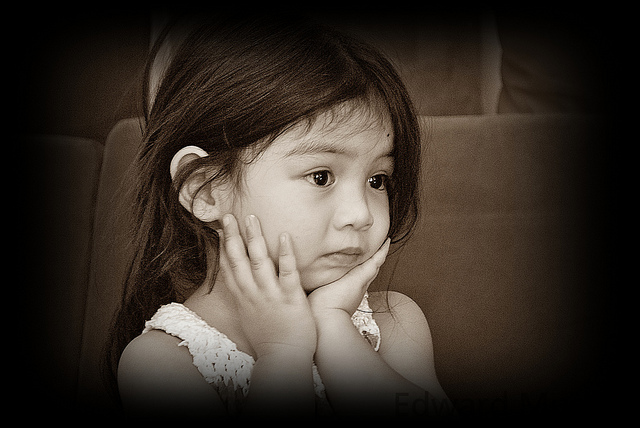 One of the frequent questions that we receive from families when they are considering adoption or are in the process of adopting is, “What happens if I decline a referral?” Not knowing what your potential referral could be is somewhat frightening for families. “What if’s” abound! So, what does happen if you are potentially saying “No”?
One of the frequent questions that we receive from families when they are considering adoption or are in the process of adopting is, “What happens if I decline a referral?” Not knowing what your potential referral could be is somewhat frightening for families. “What if’s” abound! So, what does happen if you are potentially saying “No”?
The ramifications of declining a referral will vary from country to country, but the best answer is that it depends on the reason you are declining. The home study process is the first stage in which a family declares the country they are adopting from as well as what criteria they are open to concerning the child or children they hope to adopt. MLJ has compiled a long list of child characteristics to help families consider the child they can successfully parent. This time in the process should involve much deep thought and thorough investigation. A family should decide what special needs they may be open to, if any, and what they feel comfortable with as adopting a child is a lifelong commitment. Most children who have been institutionalized will have some special need, such as delayed development or there may be some correctable needs that prospective parents are willing to consider. Regardless as to how many or how few needs, families need to be completely honest and aware of their own feelings and abilities.
Each country carefully reviews the prospective parent’s dossier in order to make a successful match between child and family. Many countries have special committees that review the matches and vote on them, prior to a referral being issued. Because of the time and effort that goes into the matching process, the Central Authority of each country asks that if a family chooses to not accept the referral that there is a compelling reason with evidence behind their decision.
It is advisable for families to take their referral to an International Adoption Clinic for a review and seek medical advice. The doctors at the clinic are trained as to how other countries practice medicine and diagnose as well as what to look for in photos, videos and medicals. For example, if a prospective family states that they are open to mild Cerebral Palsy, and the medical seems to shows that the symptoms are a more severe case of Cerebral Palsy, then a letter should be written explaining that the family doesn’t feel they are capable of caring for a child with as severe of a need. The Central Authority can understand this situation and the family will typically retain their place in the registry of families. As I mentioned before, the process can vary from country to country on how they handle the declining of a referral and how it can impact a family’s standing.
No matter what country a family is considering, or adopting from – whether it is Bulgaria, Samoa, or any country, families should take the time to fully educate themselves on the needs of the children in the country they are considering and thoughtfully consider the type of child they feel capable of parenting. If you are open to children with special needs, please consider visiting our Waiting Child photolisting.
For more information on our international adoption programs, please contact us.
Photo Credit: Edward Musiak
